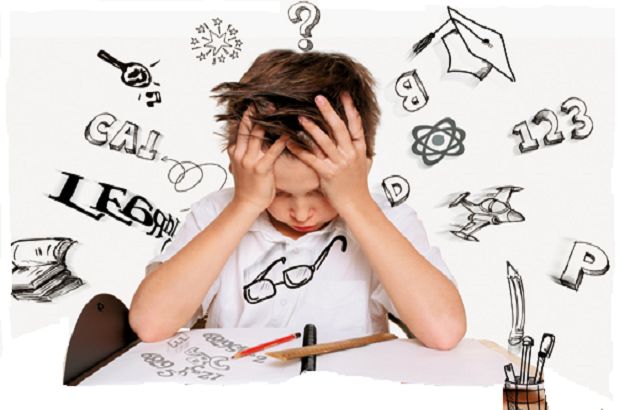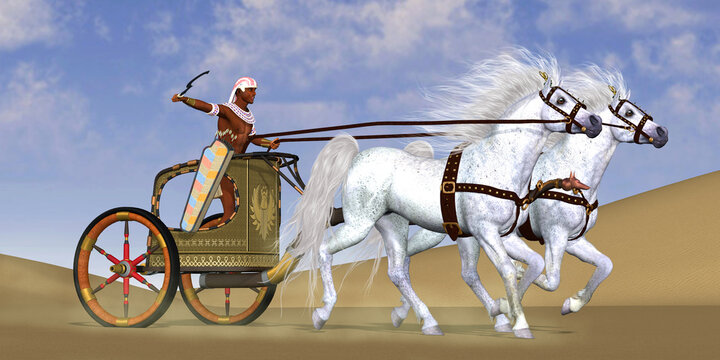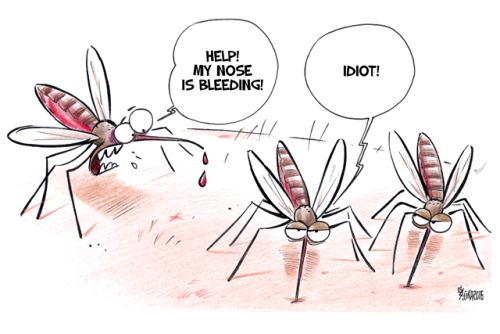
Disability is not a curse it is a blessing. Everyone in this world is blessed with unique skills and abilities and these kids are no less they have creativity and ample kindness in them just that they need extra care and special attention to handle them. Trust me they deserve it.
All we have to do is to identify what kind of medical condition these kids have as it helps us to communicate with them effectively.
Let us understand what are the types of disabilities and mental conditions and how to identify them and what learning factors we have to implement to have effective communication.

Learning disability: These kids have a learning disorder, you heard it right. They need special attention and loads of patience to teach them something. If we identify this condition at an early stage rather than criticizing them try to find effective ways to teach them. Learning disabilities can be identified by a Psychiatrist, Speech-language pathologist, and psychologist.
Learning disabilities can impact their academics and can also great difficulty in their communication system. They face real-time challenges in learning, writing, comprehending, and processing the information.
Known conditions: Dyslexia, Intellectual disability, and Dyspraxia.
How to handle them?
Creativity, patience, courage, and attention.

Cerebral Palsy: A Medical condition that impacts the movements that happen in early childhood. The signs and symptoms differ for different kids. It includes poor eye-to-hand coordination, stiff muscles, weak muscles, weak hand grip and tremors.
Babies with this condition have difficulty rolling over, crawling and holding things.
Known conditions: Hypokinetic, Parkinsons disease, Dystonia
How to play with them?
Building toys, colors, writing and painting.

Autism Spectrum Disorder: It is a neurological development disorder that affects social communication, social interaction, repetitive behavior, restricted patterns, loss of interest, defocus, Hyper and Hyporeactivity.
Autism disorder varies for each individual. Identifying them and taking care at an early age gives them confidence and plenty of skills to develop. Creativity is a blessing for them, they think differently and try to stand out in the crowd they always keep themselves busy. There is no way to cure autism and it is a mental condition for life.
Known conditions: Epilepsy, Hyperactivity disorder, intellectual disability.
How to play with them?
Finger painting, Playdough, Water beads, Slime toys

Intellectual disorder: These kids need special attention right from the beginning, They have a very low IQ, and they take time to understand and learn, to differentiate things, and to identify types of objects. They have a very low memory power, they show little to no interest in everything. Playing high-IQ games is very challenging. They get irritated very easily. They get confused with letters and numbers which look similar. Some may have an inverted vision.
It is a neurodevelopment disorder that impacts intellectual and adaptive functioning skills. Their behavior is defined in terms of conceptual, social, and practicing skills involving daily tasks and activities performed by people in their everyday lives.
Known conditions: Down syndrome, fragile X syndrome
Signs and symptoms: Delay in motor skills development, poor planning and problem-solving activities, Behavioral and social skills development, and Understanding of rules.
How to play with them?
Puzzle toys, colors, words, number toys, singing and dancing.

Speech disorder: A medical condition which affects the ability to produce sounds and mimic voice. They have damaged vocal muscles, nerves, and vocal structure.
Speech is the most important part of the communication system that people use to express their thoughts, feelings, and ideas with others. Kids with speech disorders find difficulty in making sounds and they take more time than normal kids to speak. They even find it difficult to listen and understand. Language disorders can also be paired with speech disability making it difficult for them to communicate.
Known conditions: Apraxia and Dysarthria
Symptoms: Stuttering speech, Repetitions, Prolongations, lip tremors, sudden head movements,
How to play with them?
Voice-over toys, articulation toys, language, and letter toys,
******************Abortion is a crime*******************









